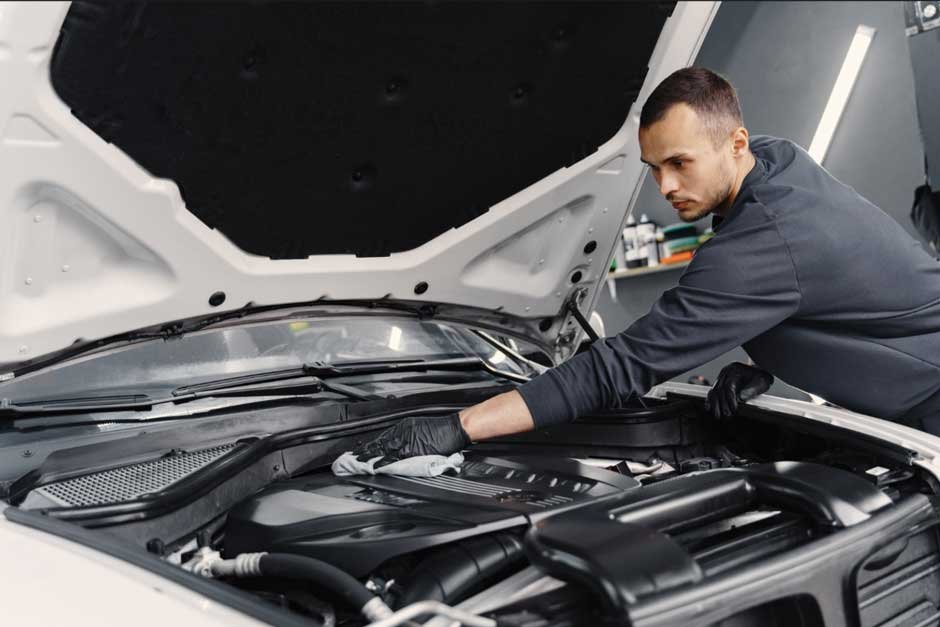Maintaining the engine of your car is crucial to its durability, performance, & fuel economy. However, motorists frequently come across a variety of viewpoints regarding engine cleaning, certain of which are grounded in reality and others in popular belief. A poor grasp of engine cleaning might result in damage or needless costs. Engine carbon clean is a well-liked technique that has drawn notice for its efficacy but is frequently misunderstood. The truth about engine cleaning procedures is going to be revealed in this post, which will also assist you in separating fact from fiction.
Comprehending Engine Cleaning
It’s critical to comprehend the true meaning of engine cleaning before delving into the fallacies. Due to insufficient combustion as well as exposure to impurities, dirt, filth, and carbon deposits build up inside the engine over time. Difficult idling, low fuel economy, as well as decreased power might result from these accumulations affecting the air as well as the fuel mixture. In order to restore effectiveness and performance, engine cleaning involves getting rid of these undesired deposits from the internal parts.
Myth 1: Engine Cleaning Is Just for Show
The idea that engine cleaning is only for aesthetic purposes is among the most prevalent misconceptions. A lot of folks think it’s done only in order to render the engine appear shiny & new. Internal engine cleaning is actually far more significant than appearances. The accumulation of carbon within the engine might result in a number of mechanical problems. It may lead to improper combustion of fuel, an increase in exhaust and a restriction in air flow. An expert engine carbon cleaner can be used to achieve easy breathing and better engine performance by eliminating such deposits. Thus, a clean outside may sound good, but the real benefit is the interior cleaning, which enhances performance and increases the life of the engine.
Myth 2: Engine Cleaning Engine Parts
The other myth is that engine servicing and internal engine parts, especially, may fail to service sensitive parts. Modern cleaning modalities are anti-invasive and also non-hazardous, but this does not necessarily hold when administered with the wrong intentions. Some of the techniques, like the METH Engine Carbon Clean, remove the carbon deposits without taking the engine to pieces through the use of hydrogen-powered technology or specialised cleaning agents. When performed by qualified professionals, such procedures do not harm rubber, plastic or metal parts. The issues may only arise when the inexperienced individuals use harmful materials or inappropriate methods. As such, engine cleaning is not very risky in case you employ a well-known and efficient service.
Myth 3: When You Use The Best Fuel, You Will Not Have To Go Ahead And Clean Your Engine
Most drivers think that their cars do not need to undergo engine cleaning through the use of a premium or high-octane fuel. Premium fuel does actually produce cleaner emissions, but this does not completely prevent the accumulation of carbon. Even high-end fuels, even over time, might leave residues, especially in modern-day direct injection engines.
Myth 4: Engine Cleaning Is Something That Is Done Once
Some people believe that once an engine of a car is in its life, it has to be washed. However, in the event that they are running, engines will still generate carbon deposits. These deposits can build faster or slower depending on the driving habits, good quality of the gasoline, and the number of times the car undergoes maintenance.
Fact 1: Cleaning Of The Engines Also Enhances Fuel Efficiency
The established benefits of engine cleaning include its ability to increase fuel efficiency, among other things. Whenever carbon deposits block injectors and valves, the engine needs to strain in order to have the same power with more fuel being used throughout the process. Through the removal of these obstructions, controlled fuel burning and correct passage of air are reestablished, enhancing mileage.
Fact 2: It Restores Decreased Efficiency
As their car ages, drivers frequently observe a decrease in power and throttle responsiveness. Carbon accumulation is primarily to blame for the performance decline. Power delivery as well as acceleration are enhanced by cleansing the engine’s interior components, particularly the combustion chambers and intake valves.
Fact 3: Cleaning Engines Lowers Dangerous Emissions
Emission management has been a top concern for both manufacturers as well as drivers due to environmental issues. Due to insufficient combustion, a filthy engine frequently produces higher quantities of nitrogen oxides, hydrocarbons, and carbon monoxide.
Fact 4: It Increases Engine Durability
Maintaining cleanliness extends the lifespan and improves the performance of any mechanical system. Carbon accumulation exacerbates motor wear and tear, particularly on injectors, pistons, and valves.
Conclusion
Engine cleaning is an essential upkeep procedure which maintains efficiency, effectiveness, and dependability; it’s not only a cosmetic procedure. Motorists are frequently deterred from properly maintaining their engines by myths regarding the procedure, although the facts show otherwise. The performance and lifespan of your car might be greatly improved with an experienced engine carbon clean.







